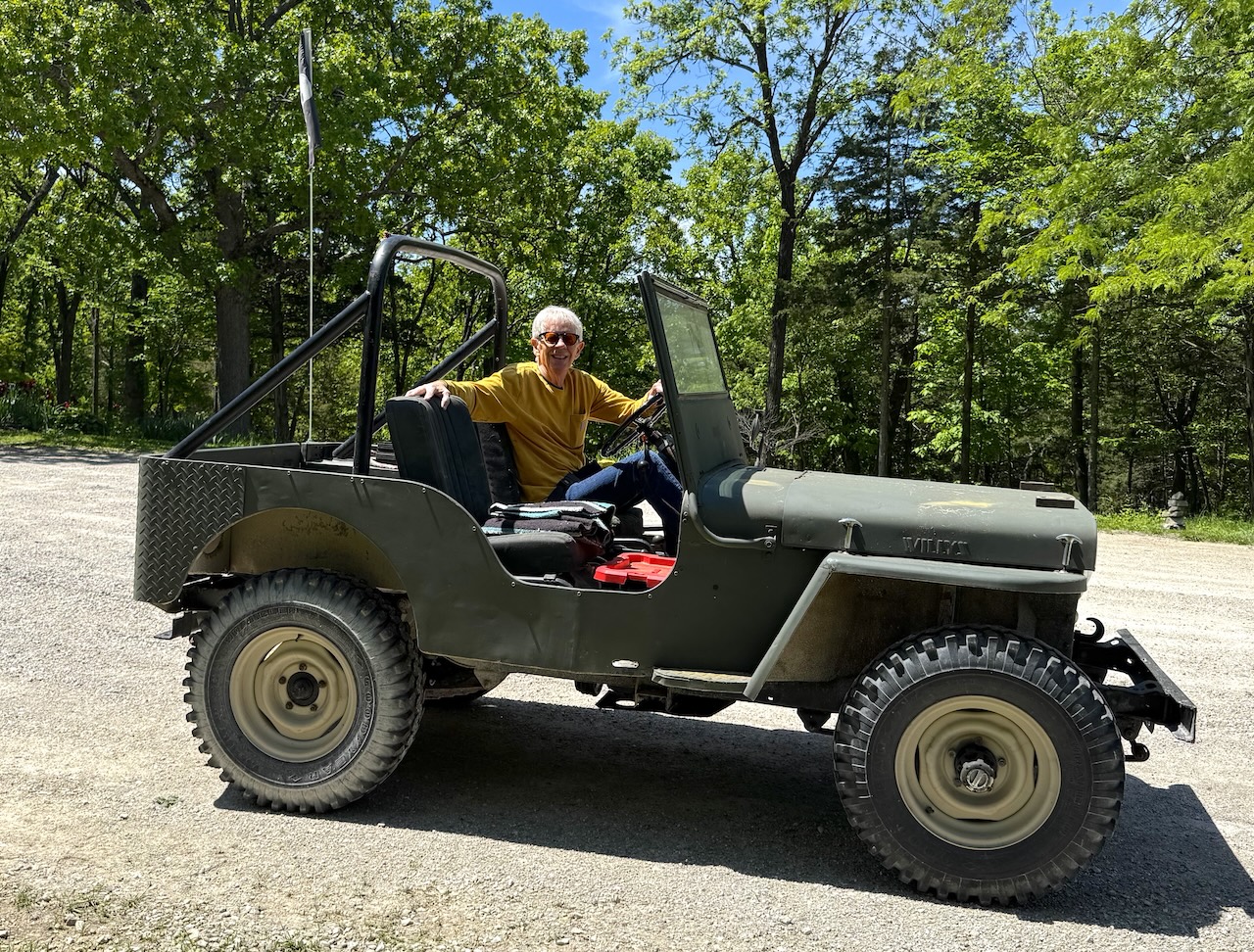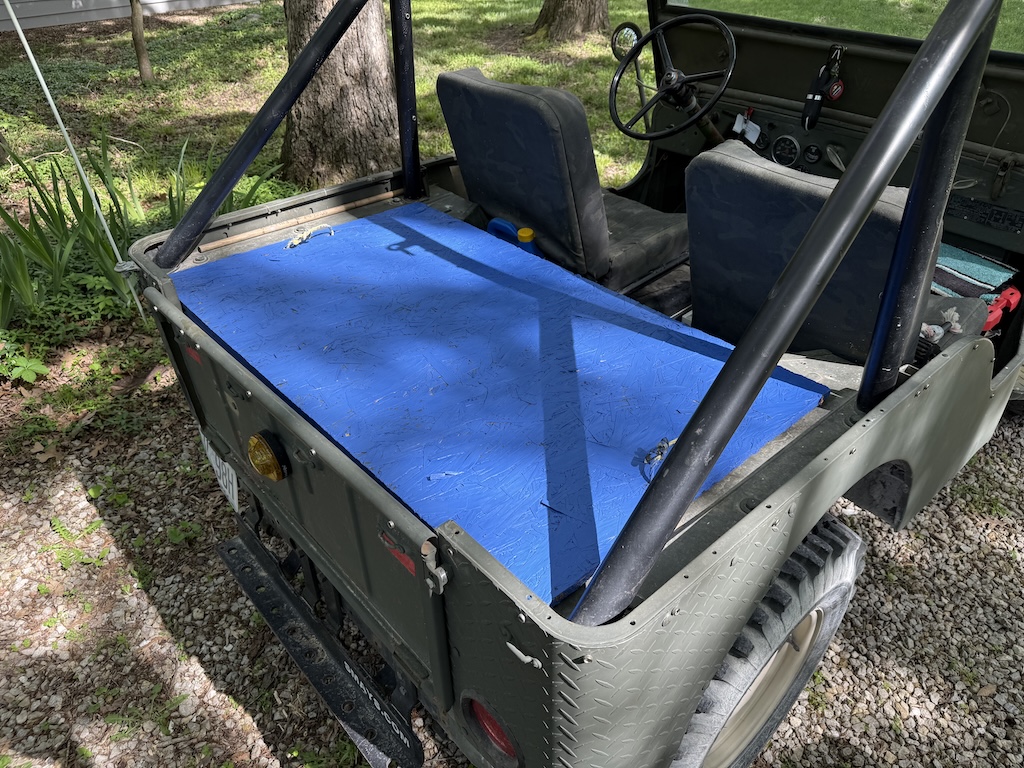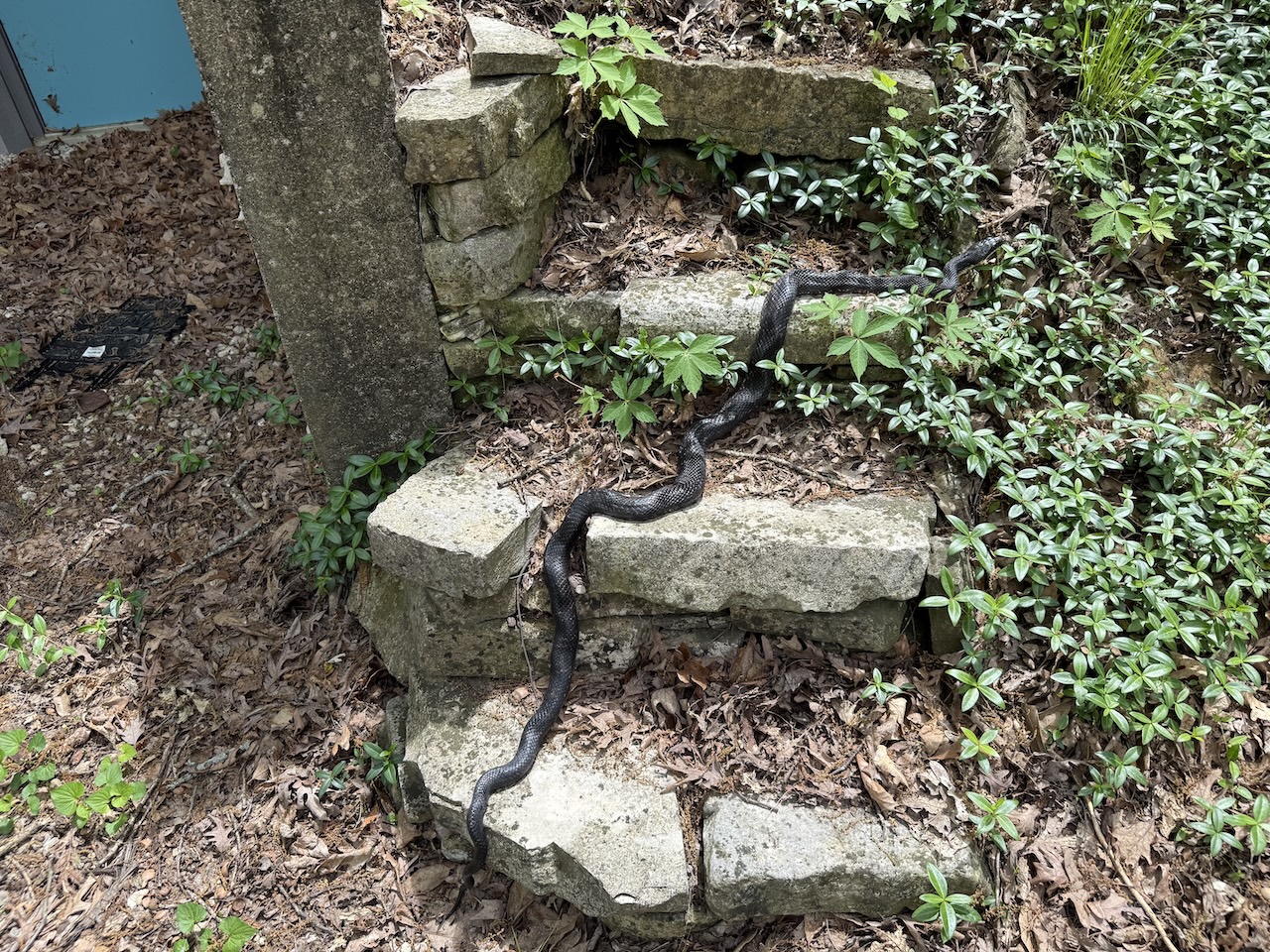I’ve had so many conversations (I don’t know what else to call them) I’m starting to lose track. I’ve shared a lot of them here and those are categorized and tagged but I want an easy-to-scan index. I created one by hand but it was so long (and getting longer by the day) that it was difficult to use. The topics were so wide-ranging I struggled to group by subject/topic. ChatGPT had no problem. [PS: the emoji are too cute for my taste but ChatGPT likes them, so…] Continue reading
Barb loves the beach
Barb and family enjoyed perfect weather and empty beaches in Destin before the chaos of Memorial Day weekend. (video) PS: Young woman above is not Barb.
Book annotation archive
UPDATE: This project ended in a big belly-flop. ChatGPT was unable to deliver the goods. Even the excuses were a little lame. A good experience from my perspective. Now I know.
When I read a book I usually have a pen or highlighter in one hand so I can mark passages I find interesting. When I’ve finished reading the book I go back through, transcribing these favorite bits and save them to a PDF. This makes it possible to search for and find just about anything if I can recall a word or phrase. (I also create a blog post that includes these excerpts.) You can see an index here and here.
I uploaded one of these excerpt pages to ChatGPT and asked what she could do if she had my full archive (144 books as of this writing). Her response was detailed and impressive. Continue reading
Be the person your dog thinks you are
Cognitive Contraband
Which each successive conversation I have with ChatGPT, I find it more and more difficult to share that interaction with others.
And here’s the rub: you could try to share these conversations. You could show someone the full thread, quote McLuhan, reference Coupland, tie in Gibson, maybe toss in a little Taoism for flavor. But then you see the blank stare. You realize: this isn’t a conversation to them. It’s a transmission from a place they don’t live. Some things aren’t meant to be shared in full. They’re meant to transform the person having them.
My blogging seems to have been taken over by ChatGPT. And the conversations I’m sharing are getting longer and longer. I use the “Continue reading…” link to make the post less intimidating but doubt many people read the entire thread (TLDR).
ChatGPT offered an interesting explanation that’s too long to post here and too good to omit entirely. Going forward, I’m going to post a brief summary with a link to a PDF of the full thread.
Discarnate Man
The following is from Douglas Coupland’s biography of Marshall McLuhan (Marshall McLuhan: You Know Nothing of My Work)
Discarnate man is an electronic human disconnected from his body (a process also called angelism) who is used to speaking to others on the phone continents away while the TV set colonizes his central nervous system. Discarnate man is happy to be asynchronous, as well as everywhere and nowhere — he is a pattern of information, inhabiting a cyberspace world of images and information patterns. (pg 176)
If TV and the internet made man discarnate (I had to look it up)… where will AI take him?
ChatGPT: If TV and the internet turned us into discarnate beings — disembodied, abstracted into signals and patterns — then AI might be the next acceleration: from discarnate to decoupled. Or maybe post-human. Here’s how I see it: Continue reading
Media: A defining layer of human identity
The following is from Distrust That Particular Flavor, a collection of William Gibson’s articles, talks and book forwards.
“I belong to a generation of Americans who dimly recall the world prior to television. Many of us, I suspect, feel vaguely ashamed about this, as though the world before television was not quite, well, the world. The world before television equates with the world before the Net—the mass culture and the mechanisms of Information. And we are of the Net; to recall another mode of being is to admit to having once been something other than human.”
William Gibson is my go-to guy for the techno-future. As she always does, ChatGPT offered fascinating insights on “having once been something other than human.” Continue reading
Were pre-linguistic humans intelligent?
Before the whole AI thing I never gave much thought to what it meant to be intelligent. Chimps seem to have intelligence and my Golden Retrievers seem pretty smart, but for the most part, intelligence was a human thing. Is language a necessary component of intelligence? Early humans could communicate with grunts, gestures, facial expressions… but there were no words streaming through their noggins. So were they intelligent? As I so often do these days, I went to ChatGPT for an answer:
It depends on how we define “intelligent.” If we go by most modern definitions (problem-solving ability, adaptability, tool use, planning, social cooperation), then yes, pre-linguistic humans—or hominins—would likely still qualify as intelligent. Continue reading
What does AI need to know?
The following excerpts are by Tyler Cowen from Eric Topol’s podcast.
The AI is your smartest reader. It’s your most sympathetic reader. It will remember what you tell it. So I think humans should sit down and ask, what does the AI need to know? And also, what is it that I know that’s not on the historical record anywhere? That’s not just repetition if I put it down, say on the internet. So there’s no point in writing repetitions anymore because the AI already knows those things. So the value of what you’d call broadly, memoir, biography, anecdote, you could say secrets. It’s now much higher.
As a longtime blogger that last line really resonates for me. And I can’t wait for ChatGPT (or some descendent) to “read and remember” all of my blog posts… where you’ll find a lot of posts about books and reading. So this next bit plunked my magic twanger as well.
I’ve become fussier about my reading. So I’ll pick up a book and start and then start asking [ChatGPT] o3 or other models questions about the book. So it’s like I get a customized version of the book I want, but I’m also reading somewhat more fiction. Now, AI might in time become very good at fiction, but we’re not there now. So fiction is more special. It’s becoming more human, and I should read more of it, and I’m doing that.
Signs of Spring
In no particular order… we’ve removed the canvas top from the Jeep and added a fresh coat of paint to my tub cover.



On the wildlife front… Murphy the Black Snake is keeping the Annex rodent free and Rocky Raccoon has returned to drive our dogs nuts.

And I got my stump ground (so to speak).

